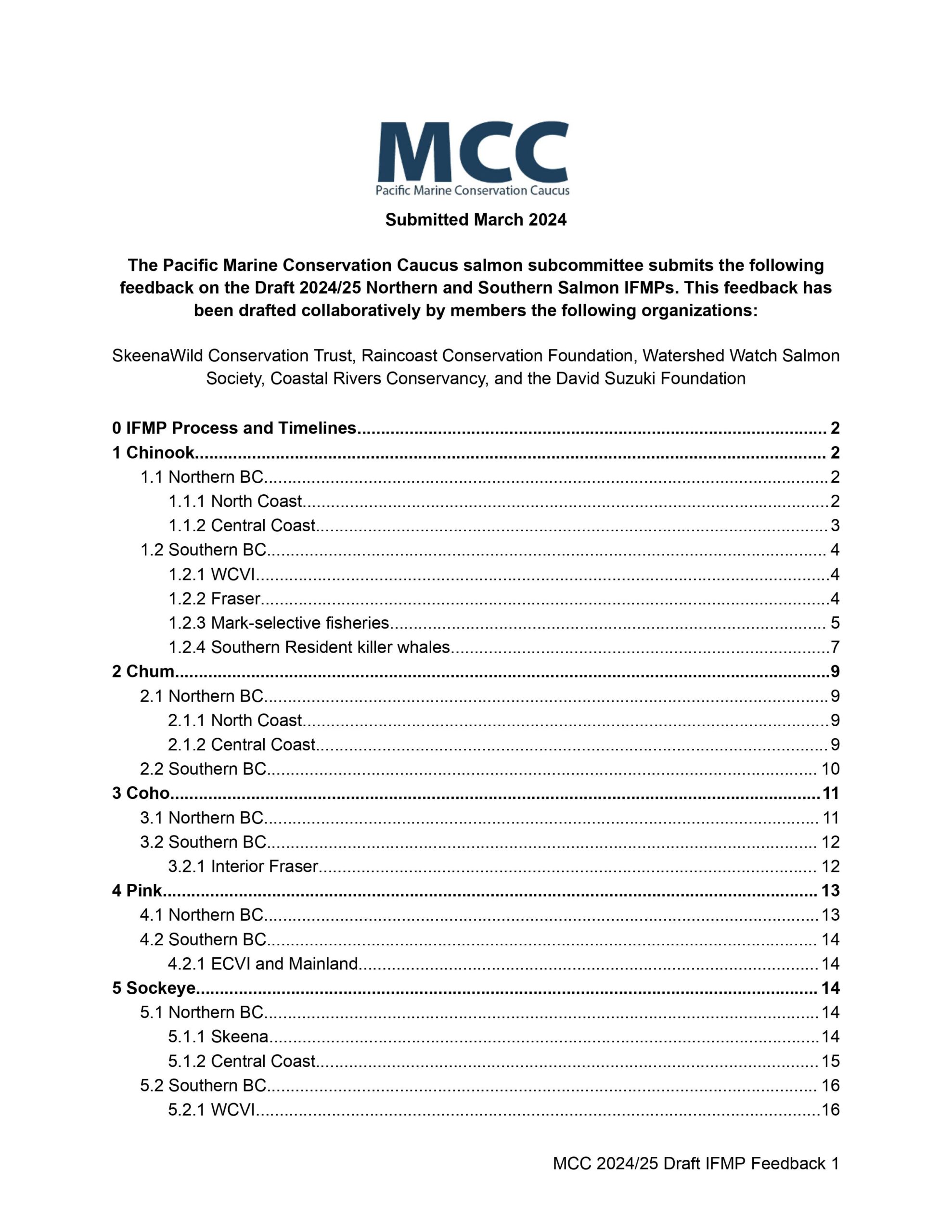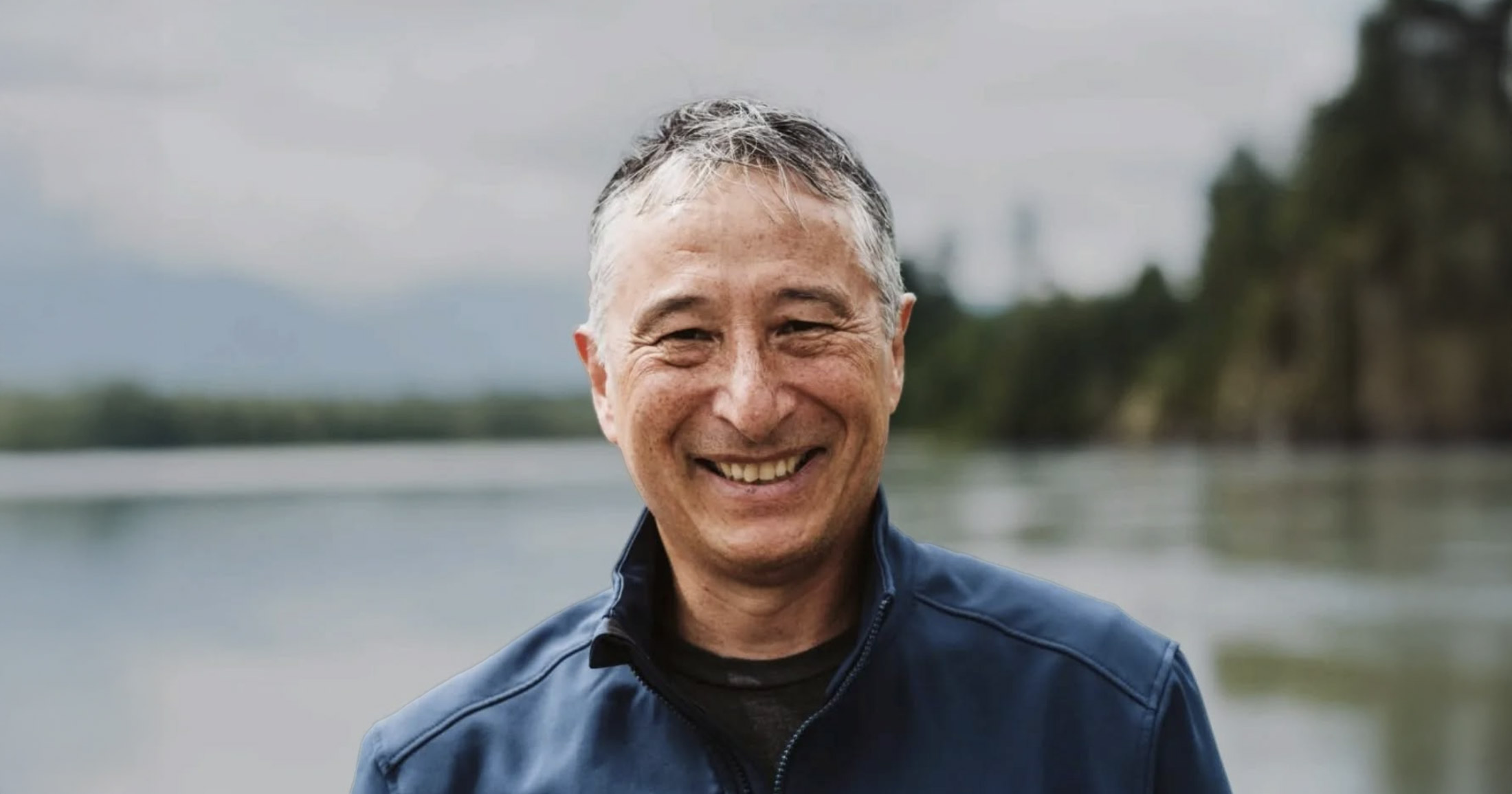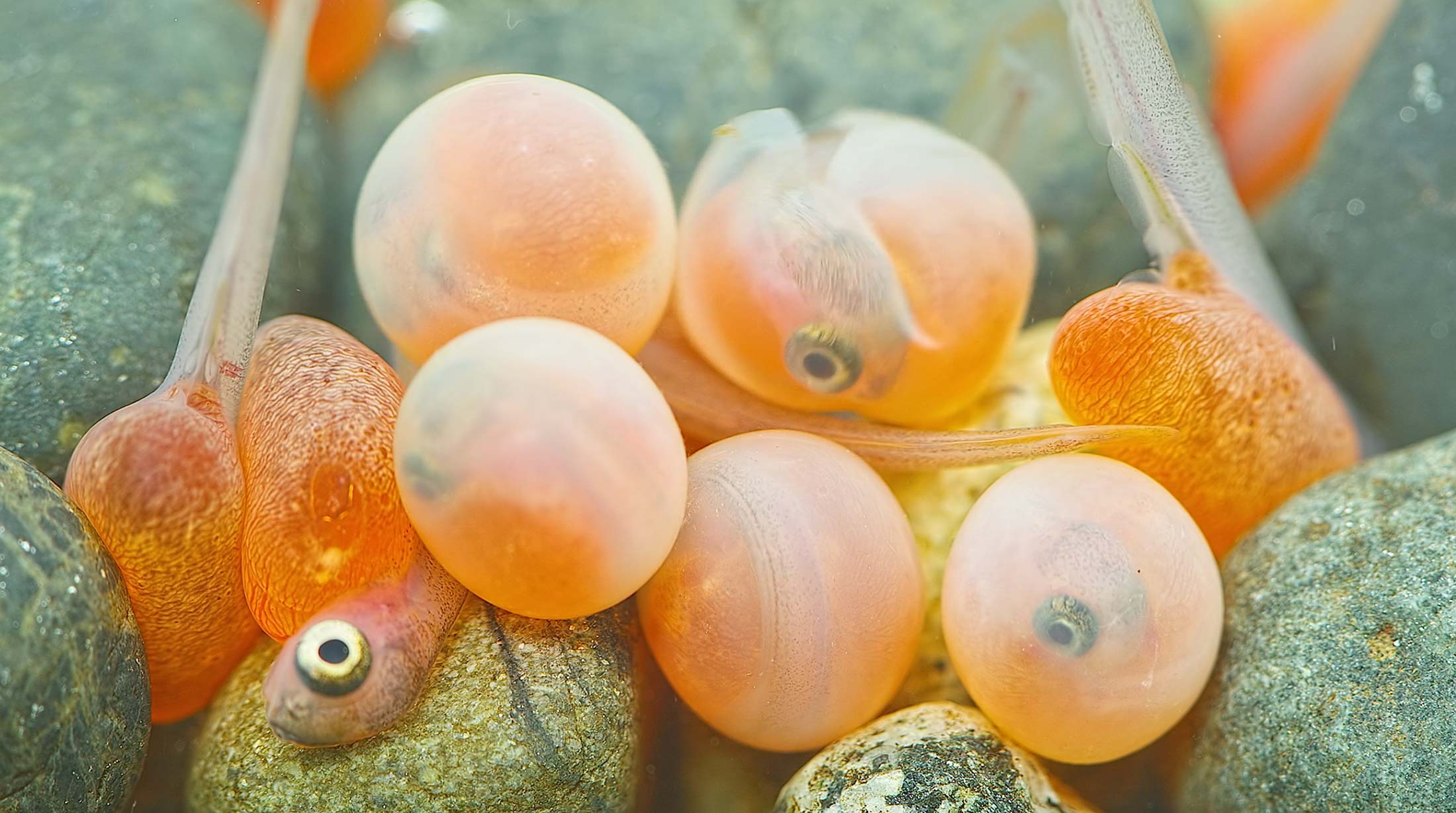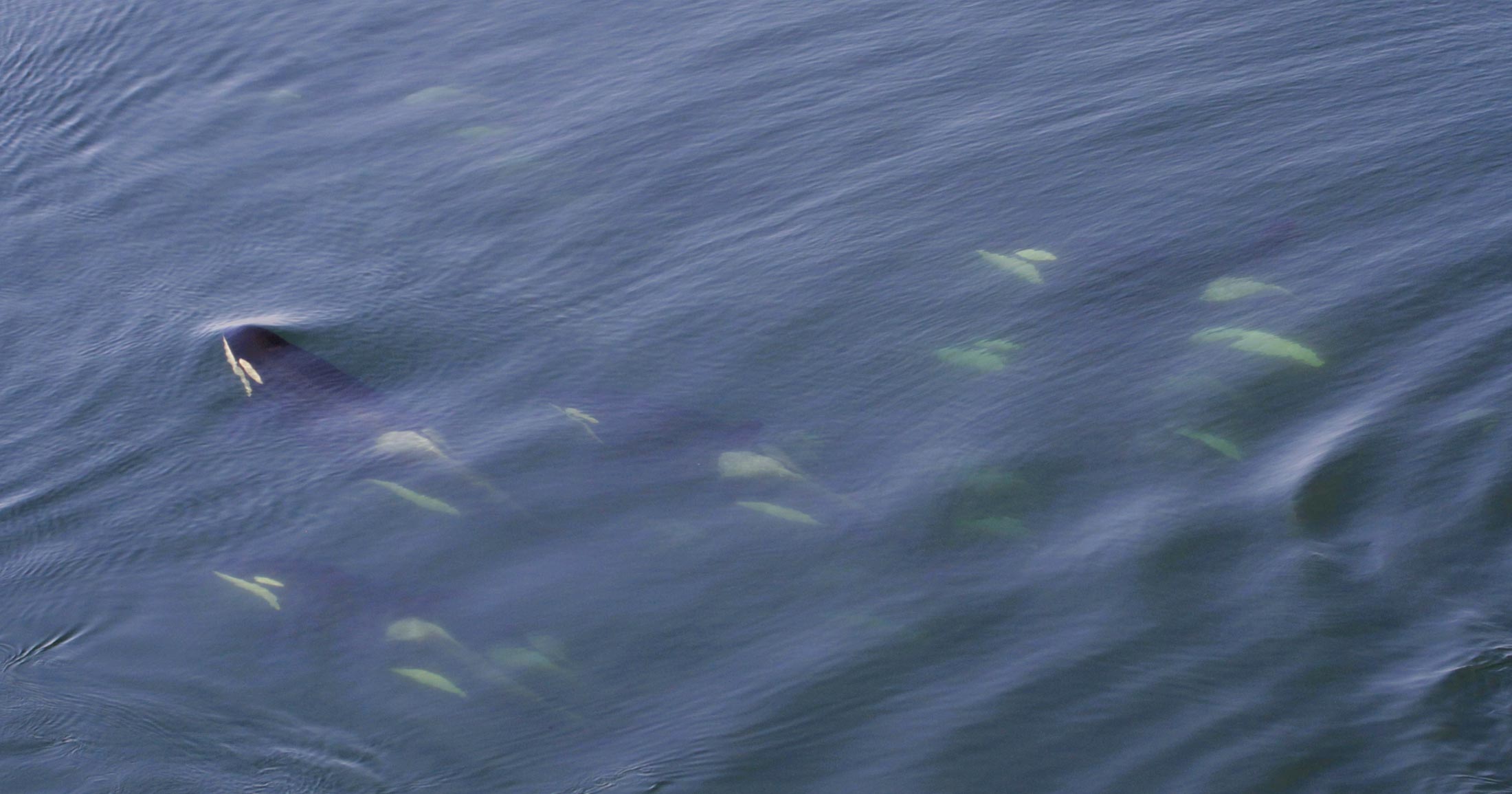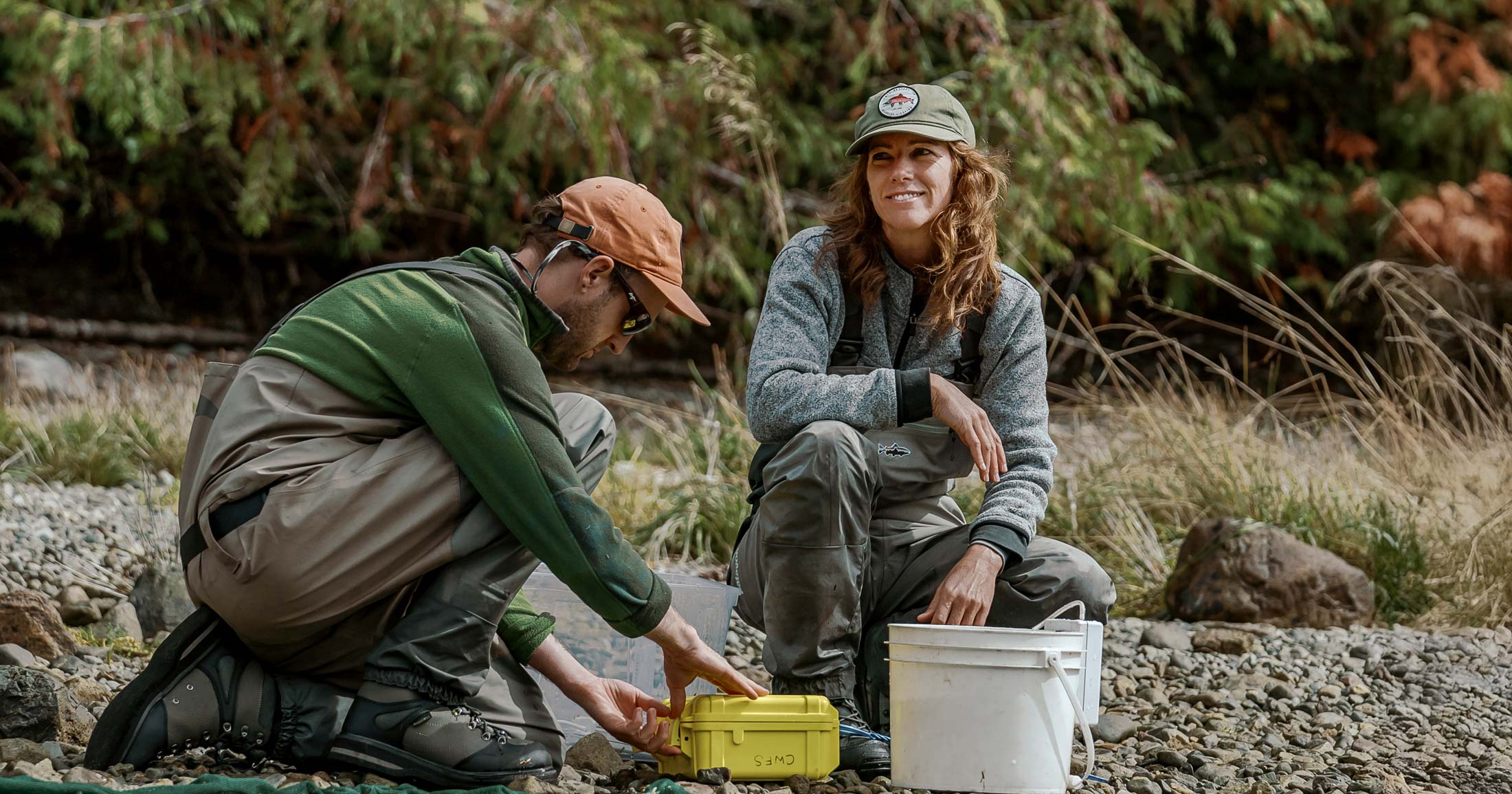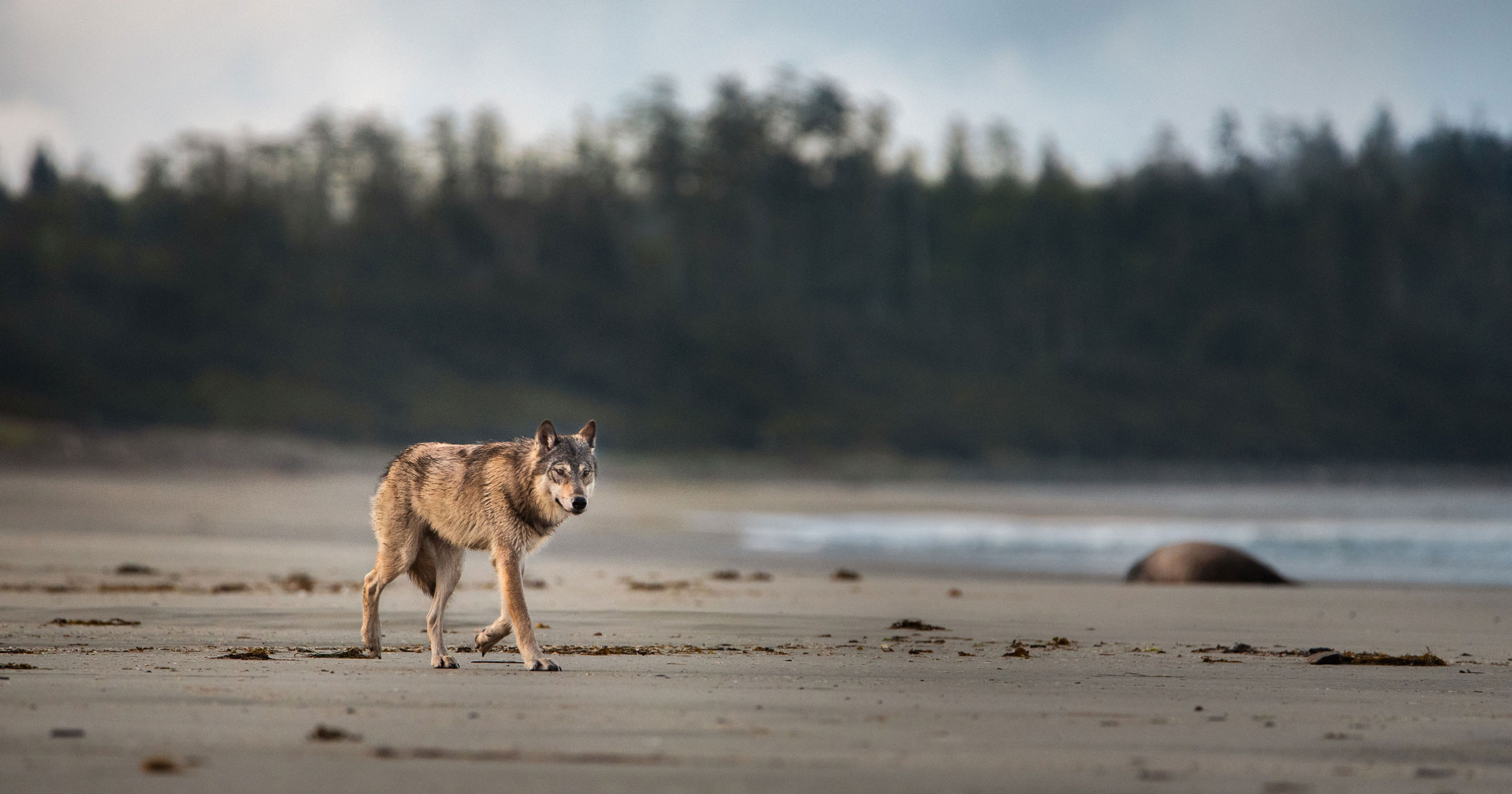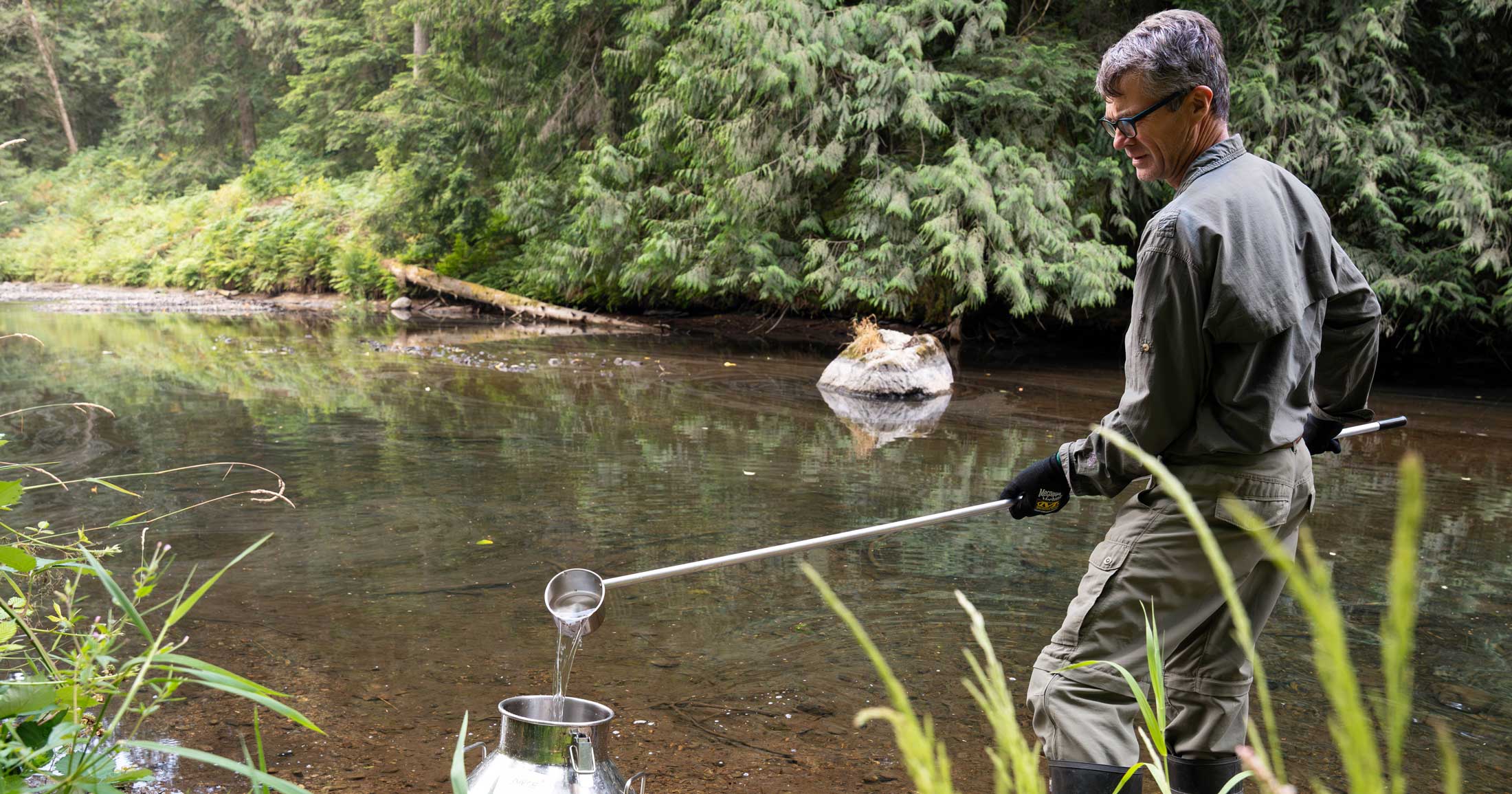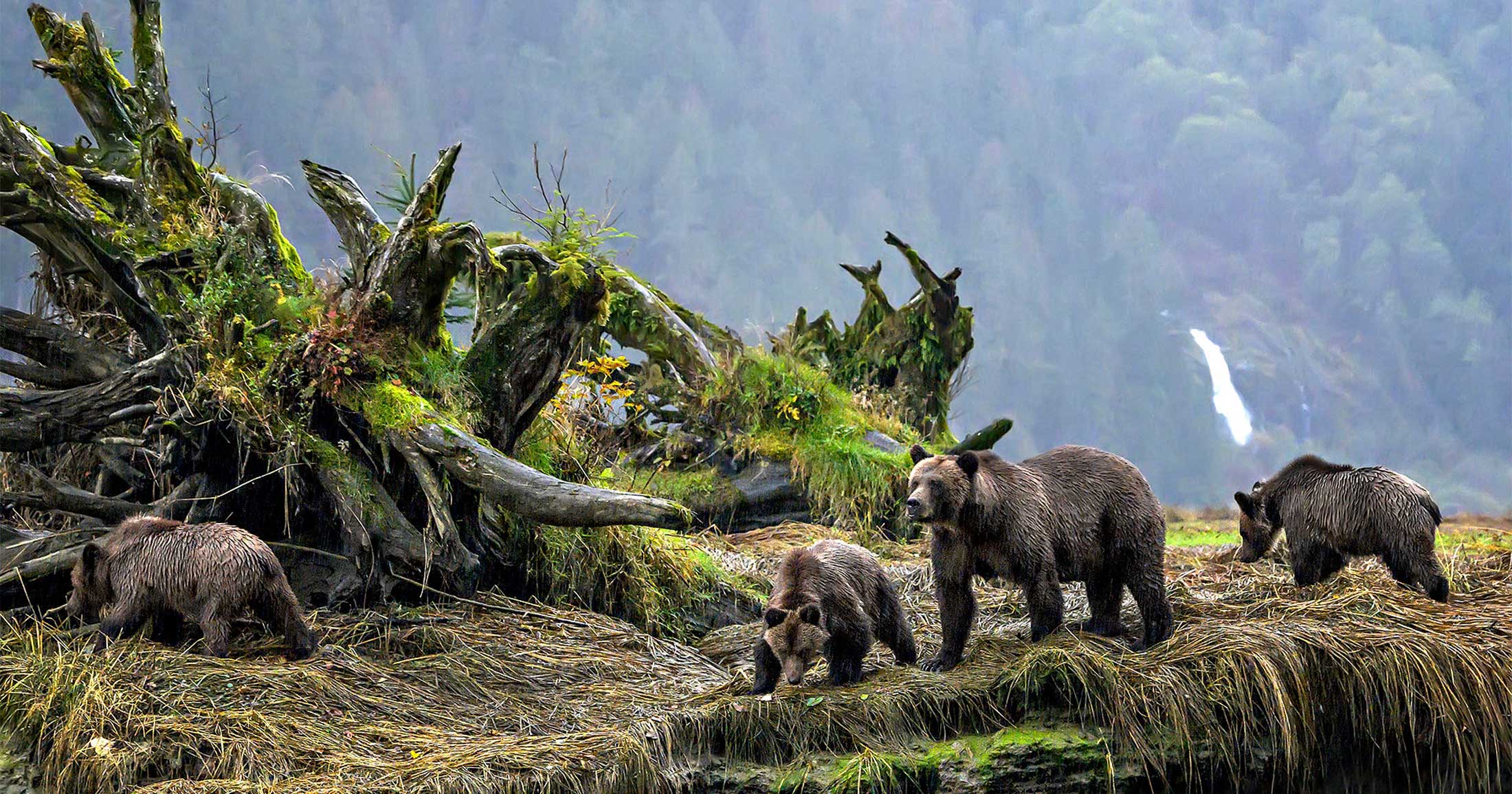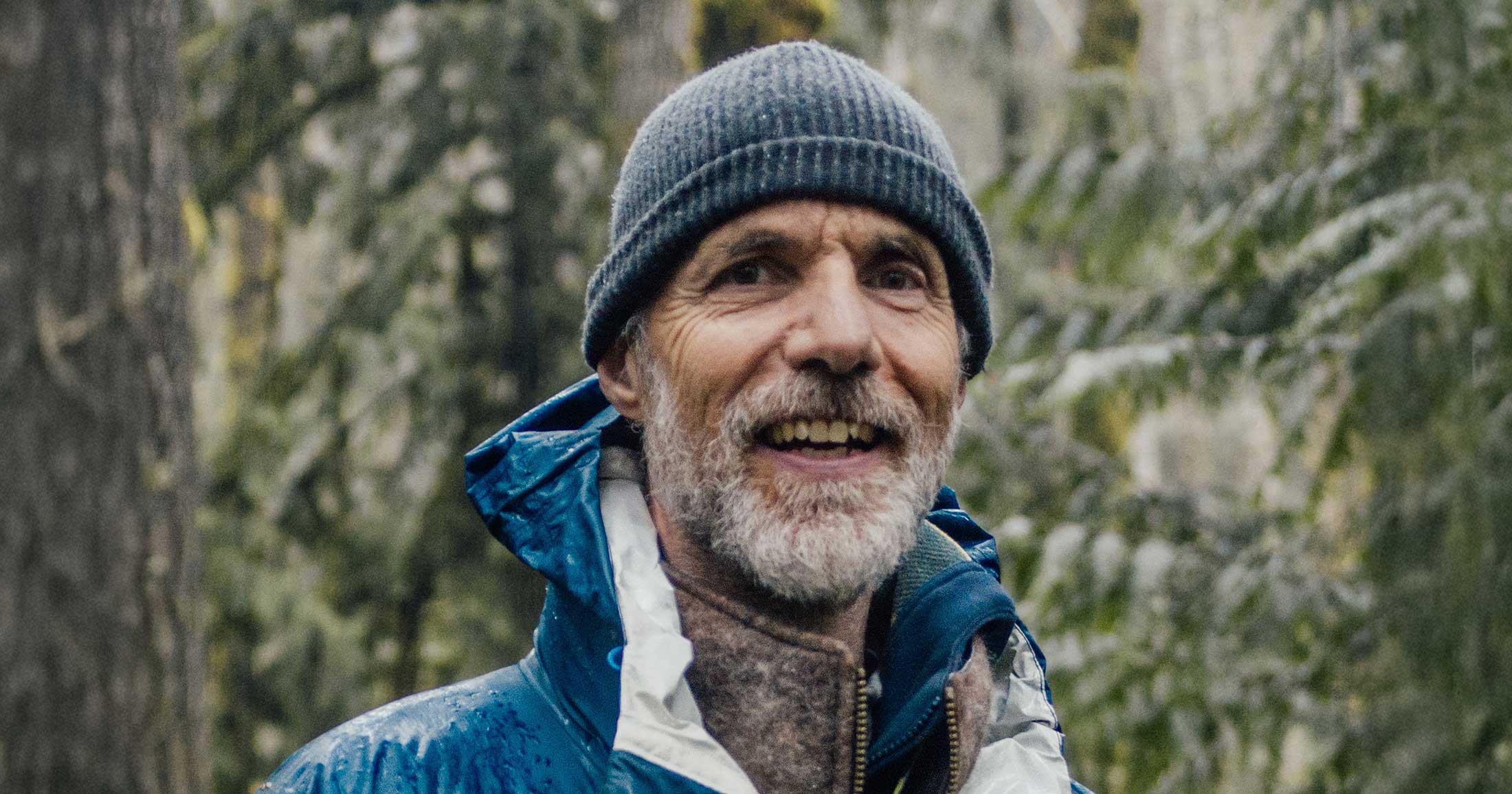Fishy business: the technicalities of fisheries management planning
Raincoast submits our annual feedback to the Department of Fisheries and Oceans on salmon management.
Raincoast is proud to be a member organization of the Marine Conservation Caucus (MCC). As an officially recognized stakeholder body in formal consultations with the Department of Fisheries and Oceans, the MCC represents the voice of conservation during fisheries harvest planning and negotiations.
As a part of our role on the MCC, Raincoast—along with our other fishery NGO partners—submits feedback to the Department of Fisheries and Oceans on its annual draft salmon integrated fisheries management plans. These plans are hundreds of pages long, and detail specific fishing plans for Chinook, chum, coho, pink, and sockeye, as well as conservation measures for steelhead. The northern and southern draft management plans for salmon also outline actions on important conservation issues like climate change, protections for Southern Resident killer whales, and catch monitoring.
Creating an annual fisheries management plan is a long process, involving lots of data, tight timelines, and differing opinions. At the end of every fishing season, the Department collates data on how many fish returned to spawn, how many were fished and who caught them, and how many made it to their spawning grounds. Federal stock assessment analysts will try to do this for as many populations of salmon that they have the data (and the funding) for. They also create pre-season forecasts for many of the larger, important salmon populations and fisheries based on the environmental conditions that these populations experienced during their years in freshwater and in the ocean. These findings are presented annually to First Nations, as well as to recreational fishing, commercial fishing, and conservation stakeholders.
Members of the MCC sit on the Department’s North Coast and South Coast Integrated Harvest Planning Committees, where we receive presentations from federal fisheries managers and scientists on upcoming issues and changes for that season. The committees, which also have representatives from the commercial and recreational industries, discuss these issues together.
Where possible, committee members try to find common ground.
Then, the Department releases their draft integrated fisheries management plans for both the northern and southern regions of the coast. These plans cover the spring of one year through to the spring of the following year. Each sector, including conservation, is invited to submit feedback on these plans. The fishing industries are also invited to submit proposals for new fisheries or changes to existing fisheries. The final fisheries management plans are released in early summer.
This year, our 2024/2025 technical feedback (PDF) covers the entire Pacific region, six species of Pacific salmon, and a variety of pressing issues from fisheries bycatch to climate change.
You can help
Raincoast’s in-house scientists, collaborating graduate students, postdoctoral fellows, and professors make us unique among conservation groups. We work with First Nations, academic institutions, government, and other NGOs to build support and inform decisions that protect aquatic and terrestrial ecosystems, and the wildlife that depend on them. We conduct ethically applied, process-oriented, and hypothesis-driven research that has immediate and relevant utility for conservation deliberations and the collective body of scientific knowledge.
We investigate to understand coastal species and processes. We inform by bringing science to decision-makers and communities. We inspire action to protect wildlife and wildlife habitats.



